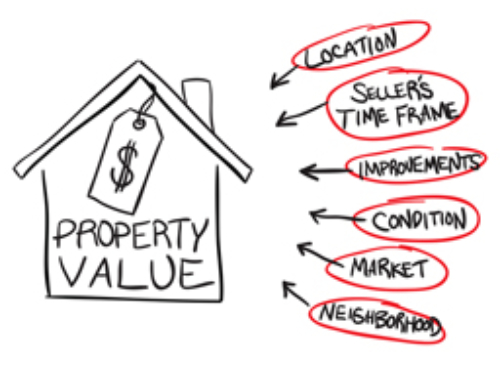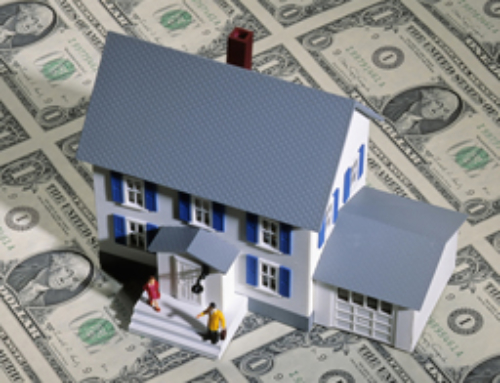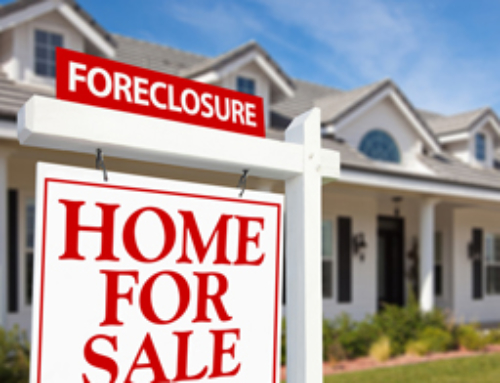 Spring Real Estate Market: Preparing Your House For Sale
Spring Real Estate Market: Preparing Your House For Sale
By Ilyce R. Glink
I know it’s a tough home selling market out there. In many parts of the country, home sales have dropped to levels last seen a decade ago.
That means there are going to be more homes on the market, and fierce competition to attract buyers.
If you’re having trouble selling your home, or if you’re hoping to have an easier time of it, be sure to follow these tips to prepare your home for sale:
- Be realistic about the market. Find out what’s selling, and what the average number of days on the market is for homes that are selling. Accept the reality of your local market and make sure you price your home realistically. The worst thing you can do is overprice your home.
- Get your home into selling shape. Cleaning your home and cleaning out your home is a must. (And, I’m talking REALLY clean, like “mother-in-law coming to spend a week with you” clean!) Fix things that don’t work, touch up the paint around the home, and clean or replace the carpets. Update your landscaping, and paint, clean and tuckpoint your home’s exterior. Clean out the clutter in your home. Get rid of items in closets, storage areas, basements and attics that you no longer need or use. An uncluttered home will sell faster than a home stuffed with personal belongings. Video: Staging your Home before Selling
- Invite at least three agents to create a comparative marketing analysis (CMA). A CMA should include local housing sales data (with comparable property sales data highlighted, a marketing plan, and a suggested list price.) Each agent will bring different ideas on how to value your home and how to market it.
- Understand what it will take to sell your home and how long it might take. If you live in an area littered with foreclosures, you may have to meet a very low price point to sell the home. You might not want to sell at that price and may be better off staying put. If that’s the case, consider renting your home or looking into a lease with an option to buy.
- Know where you’re going. I don’t recommend putting in an offer on another house until you have some serious interest in your current property. It’s just too dangerous (not to mention expensive) to finance two homes at the same time unless you’ve got a ton of cash just sitting around earning nothing in a bank account. It’s fine to start researching other neighborhoods, but don’t close on the sale of another home until you have the money in hand from the sale of your home.
- Read all documents thoroughly before you sign them. Take the time to read and understand the listing contract, offer to purchase, and the settlement documents before you sign them. If your home is worth less than the mortgage amount, you might be doing a short sale, which brings a whole other level of complexity to the process. If you are facing a short sale, and you can’t make up the difference from your savings, you’ll need to understand the timing of the negotiation with the lender and the buyer and the financial risks you may face after the short sale.
- Don’t be driven by greed. One big mistake sellers often make is to get a little greedy, particularly if the first offer is above the minimum acceptable price you’ve set for the sale. (The minimum acceptable price is the amount of cash you’d be willing to take and walk away from your home, no matter where you’ve listed the home.) Then, the negotiation becomes a game of how much you can get.
- Keep in mind the real estate broker’s axiom: “The first offer is always the best offer.” While that saying may not always be true, it is true more often than not and you might be much better off with that first offer than another offer six months later. Just keep this in mind and negotiate fairly with the very first offer you get for the property.
Ilyce Glink is a best-selling author, real estate columnist, and web series host. She is the managing editor of the Equifax Finance Blog and CEO of Think Glink Media. Follow her on Twitter: @Glink
READ MORE:
Want to Buy a New House? Beware Developers Hawking Empty Subdivisions
Is It Worth It to Appeal Your Property Taxes?
Should I Refinance Now?
Renting vs. Owning Property: How to Make the Call?






